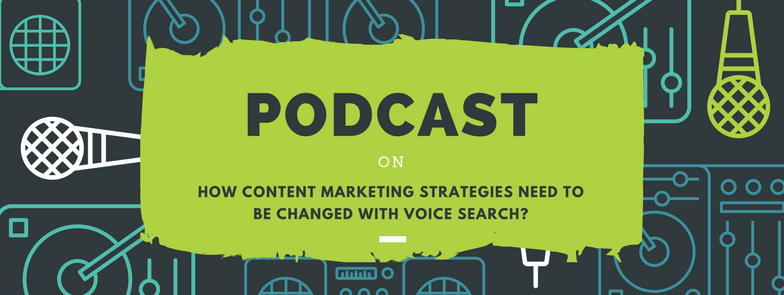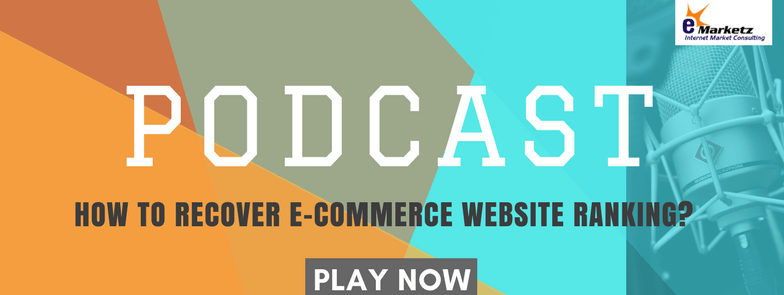Search engine optimisation (SEO) of Web portals is a critical requirement for marketers. Even if you have the knowledge of SEO, you can manage to do it for small websites, but it gets tougher when SEO needs to be done for large portals. Let us see why.
Why SEO of large portals is tough
- Old platforms: With dynamic SEO processes and algorithms, the use of old/outdated technology may create synchronization and page modification issues.
- Item-level URLs: It is difficult to get item-level URLs ranked, especially for e-commerce sites.
Complex URL structure: The URL structure of a large website is challenging, be it a travel, lifestyle, educational or media portal. On top of that, site usability needs to be maintained. - Deep content indexing: It is laborious to get the deep content indexed unless internal navigation is powerful and there are more links to reach it.
- Unique content: For separate indexing of hundreds/thousands of pages, it is back-breaking to come up with a strong link profile and unique content for every page.
While SEO of a large website is a humongous task, we offer some practical tips for new professionals and digital marketers who want to do it efficiently. Explore the tips below.
Tips to manage SEO of a large portal
- Canonicalization: On a large portal, the content is spread out across multiple URLs. When you implement canonical tags, it will be an indication for the search engines to index the specific version of your content on result pages.
- URL structure: With better crawling processes and algorithms followed by search engines, it is important that you keep the URLs’ structure simple and session IDs away from them. Ensure to keep the URLs of your large portal user friendly.
- Search filter functionality: Using this functionality right can result in enhanced search experience for your users who look for specific content. If the robots.txt file makes use of the disallow tag, then you can ensure that search engines might not index the URLs that are filtered. Search engine spiders should not be allowed to crawl through the search filter URLs in order to avoid content duplication on different URLs.
- Pagination: With dozens of Web pages in specific categories, it can affect SEO negatively when many links are listed on a single page. Pagination is required to segment those links on different pages. Additionally, ensure that similar content is not used on varied pages.
- Link positioning on homepage: Homepage displays a website’s authority. While placing links on homepage, be careful to place the links to primary products or categories that are most important for your business. Avoid focusing on off-page links. Ensure that the important items are less than 4 clicks away from homepage.
- URL redirects: If you need to change the URL structure for any reason, the implementation of a URL redirect can be of great benefit. In SEO, the types of redirects that can be used include 301 permanent redirection and 302 temporary redirection. This helps in indexing a single URL by search engine crawlers.
The above-mentioned tips will come handy when you begin the SEO of a large website. However, you should also familiarize yourself with all the technicalities before following these tips.




